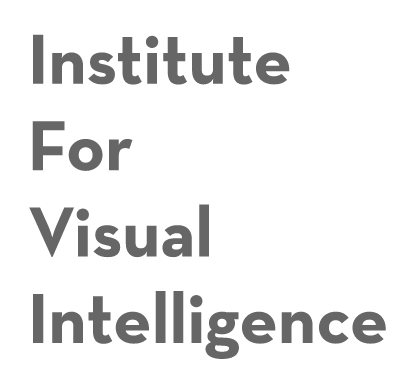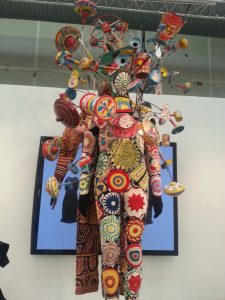INSTITUTE FOR VISUAL INTELLIGENCE
Our Current Project with the Art and AI Lab at Rutgers
The Institution for Visual Intelligence is conducting research with the Art and AI Lab at Rutgers on the topics related to aesthetic judgment and AI. Human aesthetic judgment is based on visual intelligence.
Problem Solving the following:
– Is a machine really looking at a painting as a person sees or is it acting like it is looking?
– Is the unsupervised learning of a machine possible?
– Is the brain just a machine?
– Is there such thing called “artificial intelligence?”
Computational Beauty: Aesthetic Judgment at the Intersection of Art and Science
Emily L. Spratt and Ahmed Elgammalz
Dept. of Art and Archaeology, Princeton University, NJ, USA
Dept. of Computer Science, Rutgers University, NJ, USA
Abstract. In part one of the Critique of Judgment, Immanuel Kant wrote that \the judgment of taste . . . is not a cognitive judgment, and so not logical, but is aesthetic [1].” While the condition of aesthetic discernment has long been the subject of philosophical discourse, the role of the arbiters of that judgment has more often been assumed than questioned. The art historian, critic, connoisseur, and curator have long held the esteemed position of the aesthetic judge, their training, instinct, and eye part of the inimitable subjective processes that Kant described as occurring upon artistic evaluation. Although the concept of intangible knowledge in regard to aesthetic theory has been much explored, little discussion has arisen in response to the development of new types of arti cial intelligence as a challenge to the seemingly ine able abilities of the human observer. This paper examines the developments in the eld of computer vision analysis of paintings from canonical movements within the history of Western art and the reaction of art historians to the application of this technology in the eld. Through an investigation of the ethical consequences of this innovative technology, the unquestioned authority of the art expert is challenged and the subjective nature of aesthetic judgment is brought to philosophical scrutiny once again.
Keywords: Computer Vision, Aesthetic Judgment, Aesthetic Theory, Critical Theory, Formalism
Above abstract is submitted at the following:
When Vision Meets Art (VisArt) Workshop, held in conjunction with the European Conference on Computer Vision (ECCV), Zurich, Switzerland.
 21 Nov 2016
21 Nov 2016Inaugural Symposium at Columbia
 07 Oct 2016
07 Oct 2016Computational Beauty
 25 Sep 2016
25 Sep 2016Analytical Philosophy and The Study of Art
 15 Sep 2016
15 Sep 2016“Art and Artificial Intelligence” on TV
 01 Sep 2016
01 Sep 2016Design and AI
 05 Jul 2016
05 Jul 2016Without Being Conscious of Their Existence


